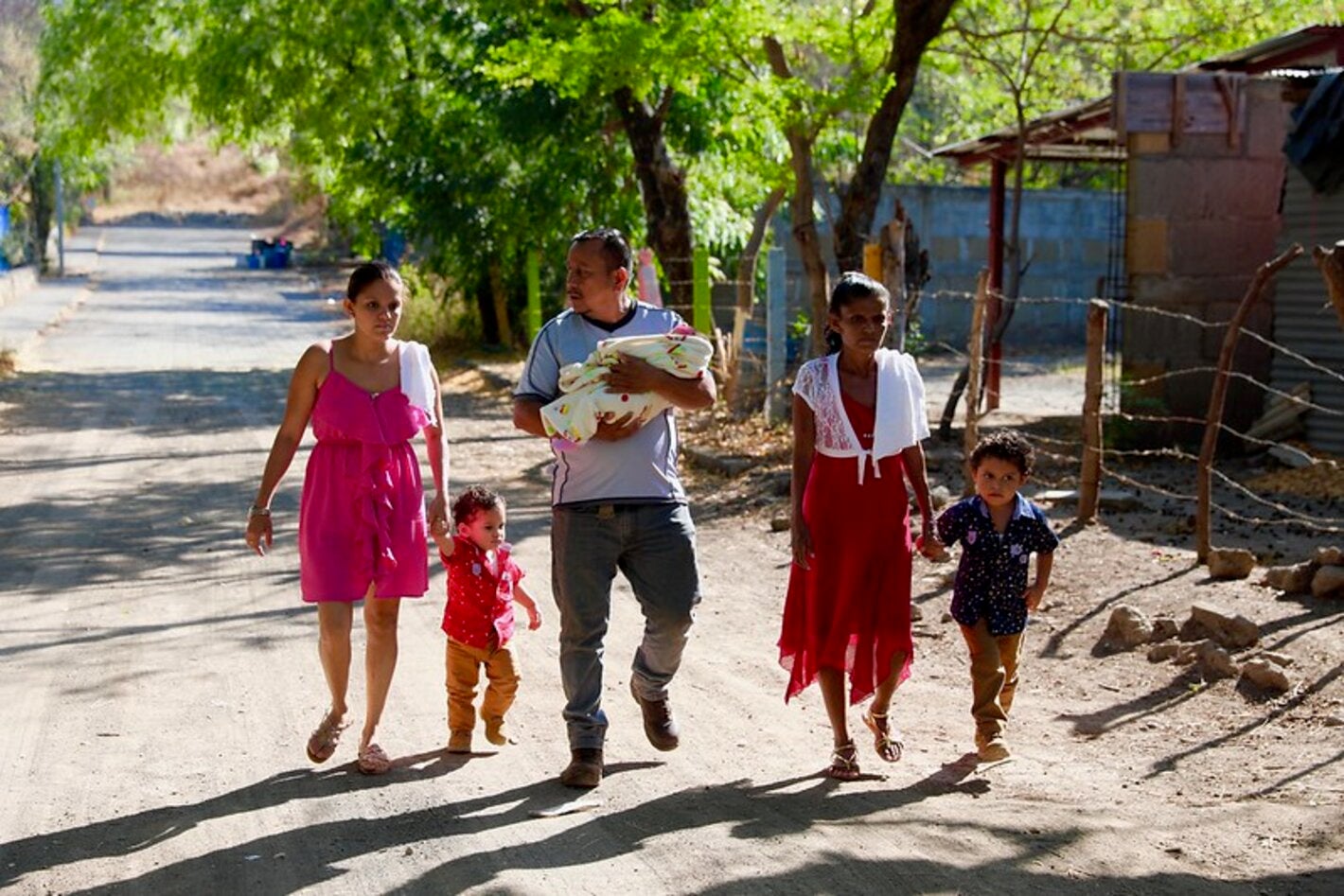
Washington, D.C., November 11, 2015 (PAHO/WHO) — Persistent inequities across gender, race and socioeconomic groups in the Americas compound every major health challenge facing the region, according to evidence and analysis presented in a new series of articles in the Pan American Journal of Public Health, the peer-reviewed scientific journal of the Pan American Health Organization/World Health Organization (PAHO/WHO).
The 11 articles are part of a new series titled "Equity in Health and Sustainable Development," published across five issues of the journal, from July to November 2015. They highlight key social, economic, cultural and environmental barriers to ensuring that quality health care and the conditions necessary for healthy lives are available and accessible to all the people of the Americas, regardless of income level or location.
The research findings are especially important to shed light on problems that must be addressed as countries in the Americas work to achieve "universal health," a goal they collectively endorsed in 2014.
"This mission—our mission—should focus primarily on mitigating the profound and ubiquitous social, economic, and environmental inequities that perpetuate a world of arbitrary and unjust inequalities in terms of people's ability to live full, healthy, decent, and gratifying lives," writes PAHO/WHO Assistant Director Dr. Francisco Becerra, in an introduction to the series.
Key findings include that access to health care for women of indigenous and African descent in Latin America and the Caribbean has been stymied by deep discrimination, including patient blaming, neglect, verbal or physical abuse and disregard for traditional beliefs, according to an article in the August issue by Tulane University researchers Arachu Castro, Virginia Savage and Hannah Kaufman.
And while infant mortality in Latin America and the Caribbean has fallen by half overall since 1980, countries like Haiti have not shared equally in these gains. In 2012, Haiti's infant mortality rate was 64 per 1,000 live births, compared with the regional average of 27 per 1,000, according to an article by researchers at the International Center for Equity in Health at the Federal University of Pelotas, Brazil.
Problems examined in the series include inequality in reproductive, maternal and child health in Latin America and the Caribbean; the role of ethnicity and gender in generating inequality; and how lack of access to a healthy environment, clean water and adequate sanitation incubates diseases such as tuberculosis. The authors include noted academics, scientists and researchers.
In the series' introduction, PAHO/WHO's Assistant Director calls on the countries of the region to overcome such inequities through an integrated approach by government and society that addresses all aspects of health. Such an approach is spelled out in the regional Strategy for Universal Access to Health and Universal Health Coverage, which was adopted by PAHO Member States in 2014. It is the first regional strategy to build on a global political commitment to reduce health inequities that was adopted during the World Conference on Social Determinants of Health in Rio de Janeiro, Brazil, in 2011.
In the introduction, Becerra also notes the importance of monitoring social inequality in health by implementing systematic assessments of health equity and objective markers of progress.
"On our road toward health and sustainable development in the Americas," Becerra writes, "we must not be indifferent to equity."
Links



